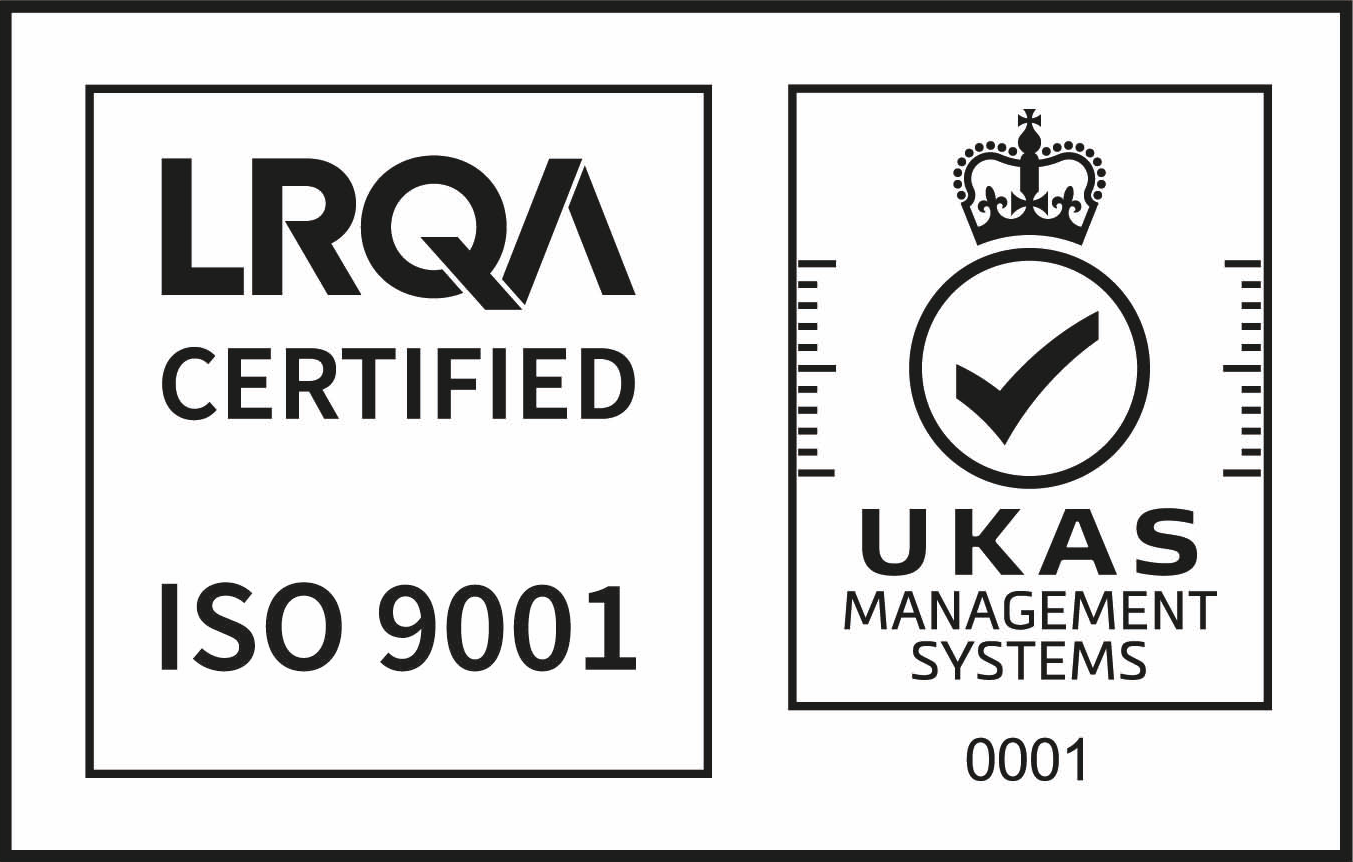Location: Saldanha Bay, South Africa. 120 km from Cape Town.
Email:
WhatsApp: +27 78 687 7973
Recognition of Prior Learning (RPL)
This collection is designed to facilitate Recognition of Prior Learning (RPL) in commercial diving, focusing on modules from Class IV to Class II.It aims to assess and validate the skills and knowledge of experienced divers, providing a structured pathway for certification.
Course Structure
The course is divided into three main categories based on the diving classes: Class IV, Class III, and Class II. Each category includes a set of modules that cover theoretical and practical aspects of commercial diving.
Theory Completion Requirement for On-Site Practical Assessment
For students attending The Academy of Diving and Offshore Medicine, it is mandatory to complete the theoretical components of the Recognition of Prior Learning (RPL) course before arriving on-site. This ensures that students have a solid foundation in the principles of commercial diving, which is crucial for the practical assessment phase.
Theory Components
The theoretical modules include:
-
Class IV Modules:
-
Diving Terms
-
Diving Physics
-
Diving Physiology
-
Practical Diving First Aid (PDFA) – First Aid Module
-
Practical Diving First Aid (PDFA) – Diving Module
-
Oxygen Administration for the Commercial Diver
-
Pre-Sea
-
Diving Legislation
-
Approaches to Safety
-
Diving Safety: Underwater Hazards
-
Diving Medical Emergency Response Plan (DMERP)
-
Diving Equipment: SCUBA
-
Decompression Theory and Tables
-
Air Chamber Attendant (CHATT)
-
Air Chambers Safe use of Oxygen and BIBS
-
-
Class III Modules:
-
Surface Plant and Equipment Class III
-
Surface-Supplied Diving Equipment
-
Umbilical Management and Tendering for Class III
-
Kirby Morgan Hat: Operator User Training for Class III
-
-
Class II Modules:
-
Air Chamber Operations – Offshore Diver
-
Surface Decompression Diving Operations (SurD02)
-
Wet Bell for Class II
-
On-Site Practical Assessment
Upon completion of the theoretical components, students can enrol and attend a 6-week on-site practical assessment at The Academy of Diving and Offshore Medicine. This phase focuses on applying theoretical knowledge in real-world scenarios, ensuring that students are competent in the practical aspects of commercial diving.
Importance of Theory Completion
Completing the theory modules beforehand is essential for several reasons:
-
Safety: Understanding theoretical concepts ensures that students can safely participate in practical exercises.
-
Efficiency: It allows students to focus on practical skills during the on-site phase, maximising their learning experience.
-
Compliance: It aligns with industry standards and regulations, such as those outlined in commercial diving training standards and regulations
Diving Terms
Learn essential diving terminology to ensure effective communication and safety
Diving Physics
Understand how pressure and buoyancy affect divers, including gas laws and their implications.
Diving Physiology
Explore how the body responds to diving pressures, including decompression sickness risks.
Practical Diving First Aid (PDFA) – First Aid Module
Master basic first aid skills tailored for diving emergencies.
Practical Diving First Aid (PDFA) – Diving Module
Learn diving-specific first aid techniques for emergencies like decompression sickness.
Oxygen Administration for the Commercial Diver
Understand safe oxygen therapy administration in diving emergencies.
Diving Legislation
Familiarize yourself with diving laws and regulations for compliance.
Approaches to Safety
Develop strategies to minimize diving hazards through risk assessment.
Diving Safety: Underwater Hazards
Identify and navigate common underwater hazards like currents and marine life.
Diving Medical Emergency Response Plan (DMERP)
Create a comprehensive plan for responding to medical emergencies.
Diving Equipment – Introduction to SCUBA
Learn about SCUBA gear components and proper maintenance.
Decompression Theory and Tables
Understand decompression theory to plan safe dives and avoid sickness.
Air Chamber Attendant (CHATT)
Master air chamber operation and maintenance for assisting and treating patients.
Air Chamber – Safe Use of Oxygen and BIBS
Ensure safe oxygen and BIBS use in air chambers.
Surface Plant and Equipment Class III
Learn about surface-supplied diving systems setup and operation.
Surface-Supplied Diving Equipment
Study the components and operation of surface-supplied equipment.
Umbilical Management and Tendering for Class III
Master umbilical handling techniques for safe diving operations.
Kirby Morgan Hat: Operator User Training
Overview and training on operating and maintaining the Kirby Morgan helmet.
Air Chamber Operations for Offshore
Learn air chamber operations for offshore diving environments.
Surface Decompression Diving Operations (SurD02)
Understand procedures for safe surface decompression dives.
Wet Bell for Class II
Study wet bell diving principles and safety protocols.





